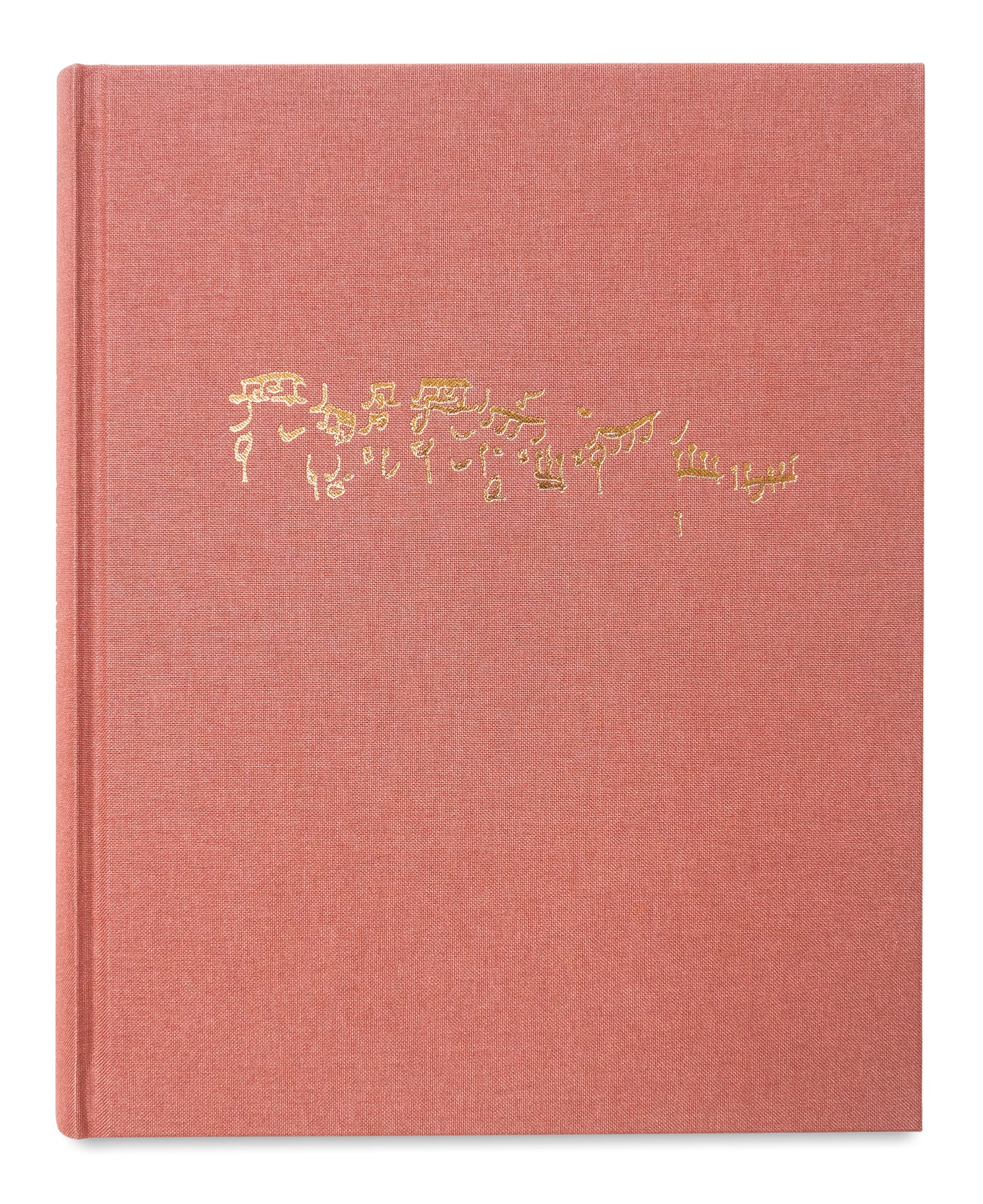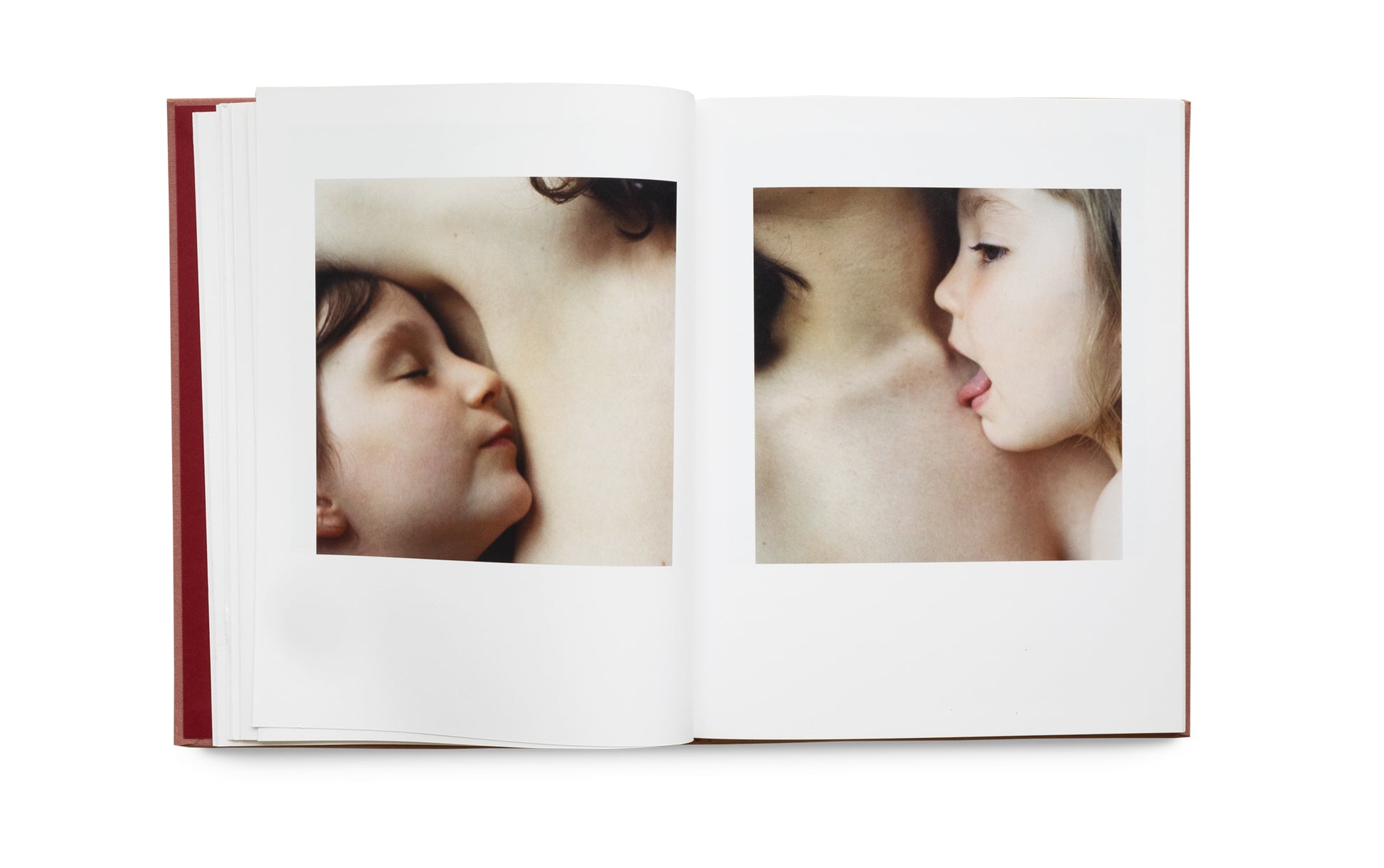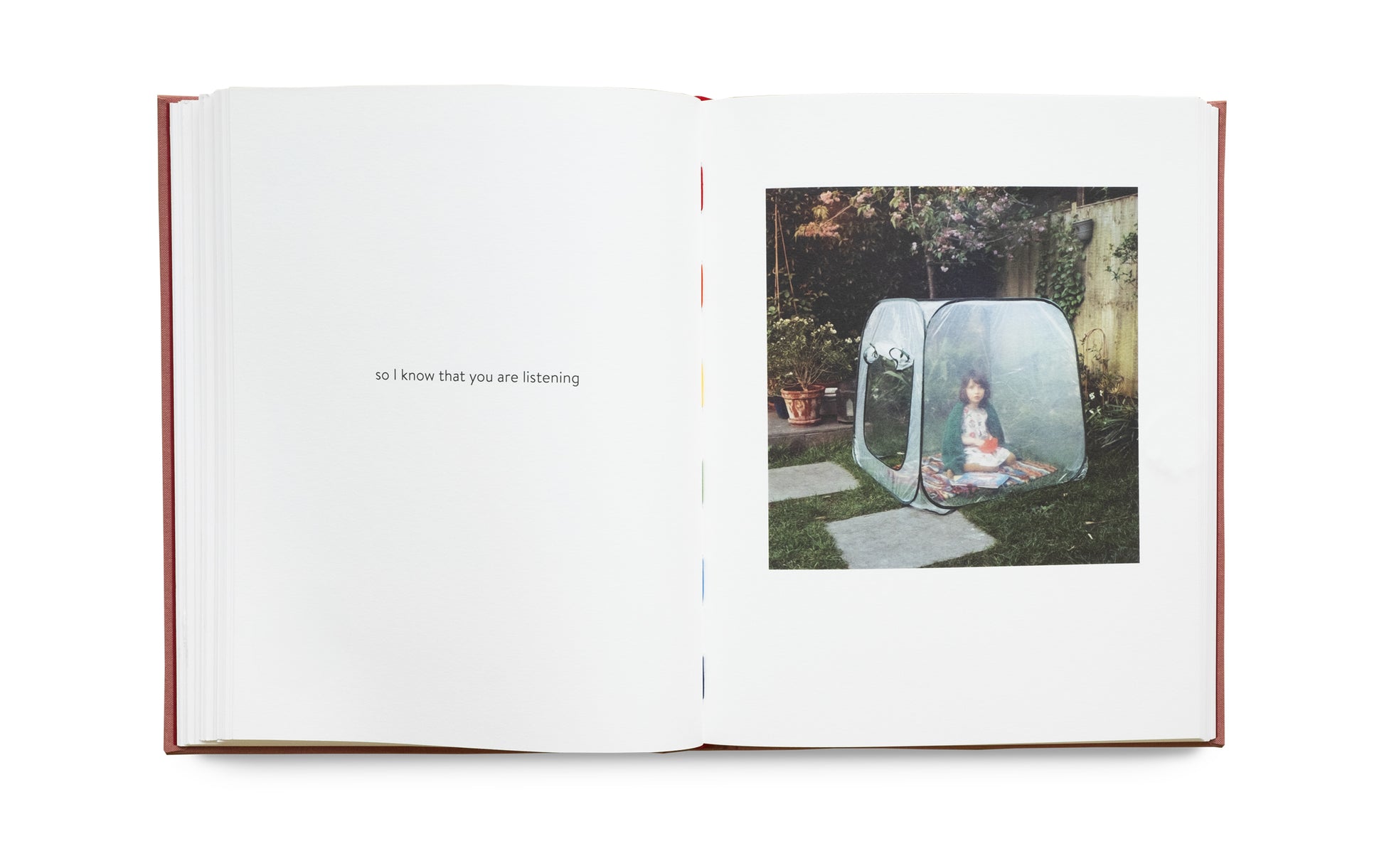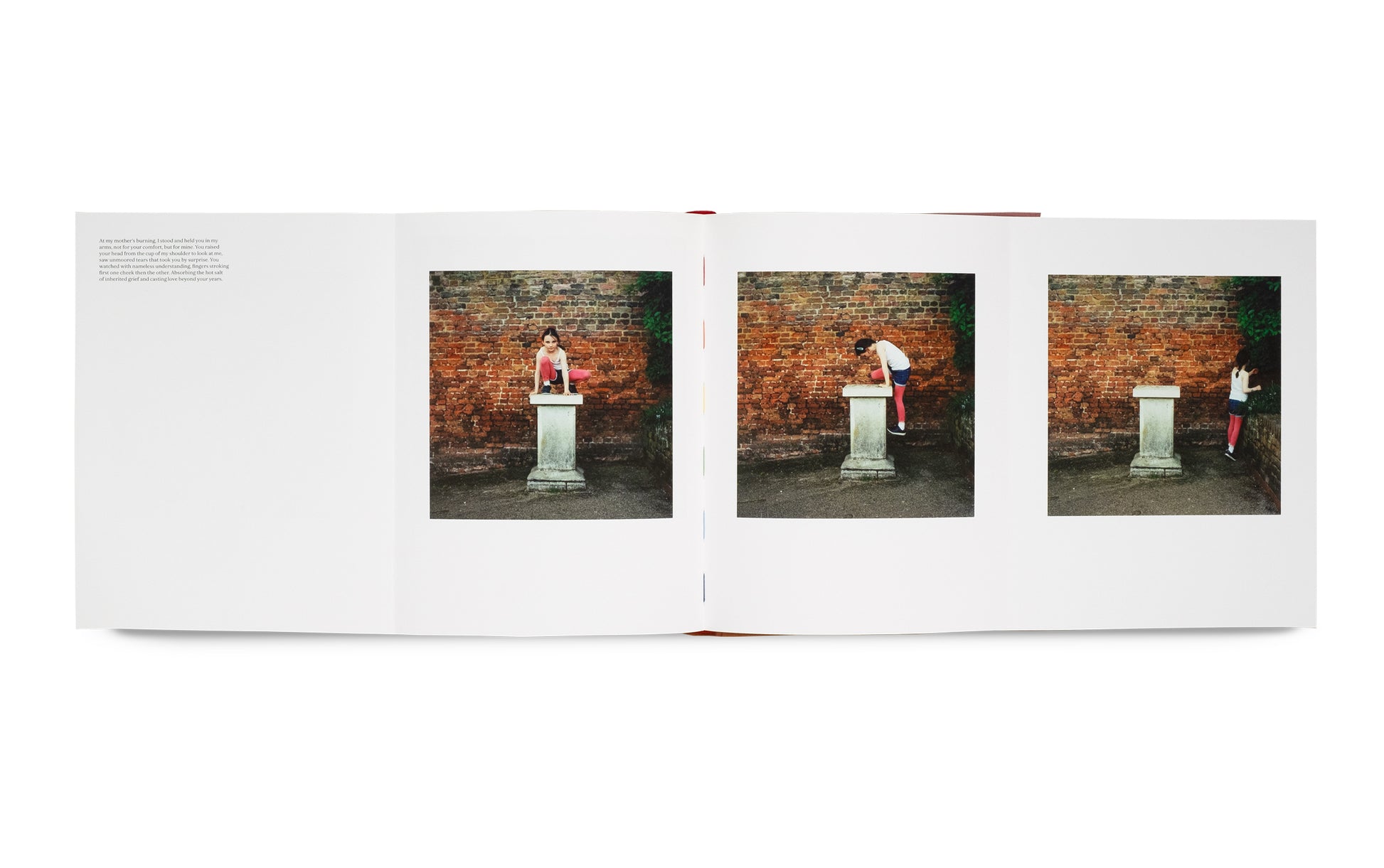Fugue - Signed
Fugue - Signed
by Lydia Goldblatt
Couldn't load pickup availability
Fugue by Lydia Goldblatt is a body of work about love and grief, mothering and losing a mother, intimacy and distance, told through photographs and writing. Centring on the domestic space and made over the course of four years, it tells a story that is neither apologetic nor idealised.
When Goldblatt became a mother she found herself unable to make pictures. However, after her own mother died, she began to photograph again, both at home and in the city around her.
‘I wanted to be honest about what I was struggling with, about the feelings of claustrophobia and rage, as much as intimacy and love. These are feelings so often hidden by mothers, so often silenced as unacceptable.’
An exhibition of photographs from Fugue will be on display at Robert Morat Galerie this autumn - Opening night 25th October.
More about this book
More about this book
Published June 2024
199 x 250 mm
192pp, 120 images
Hardback, clothbound cover
ISBN 978-1-915423-41-2
Lucie Photo Book Prize 2024-Traditional Categorary Finalist
Share
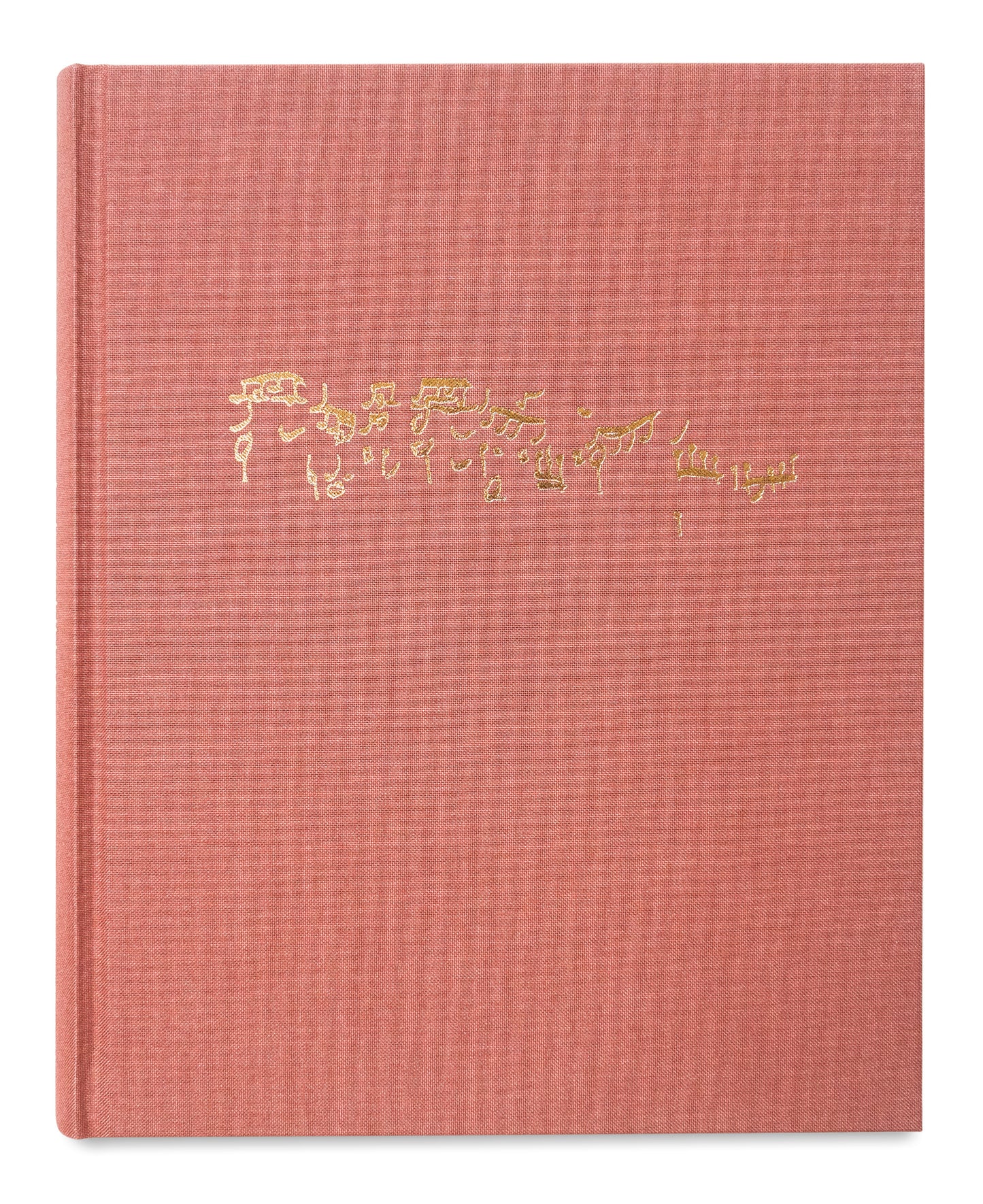
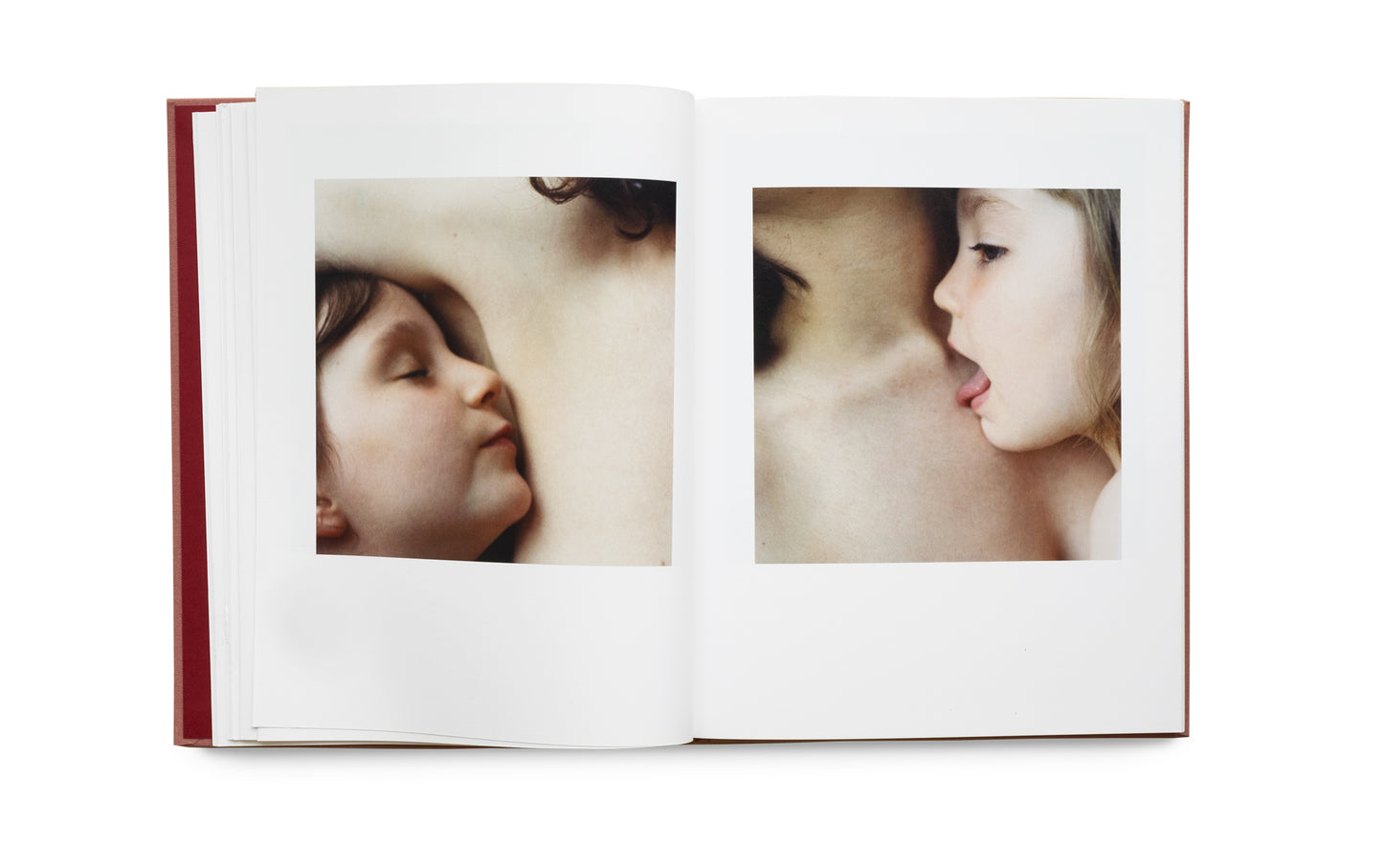
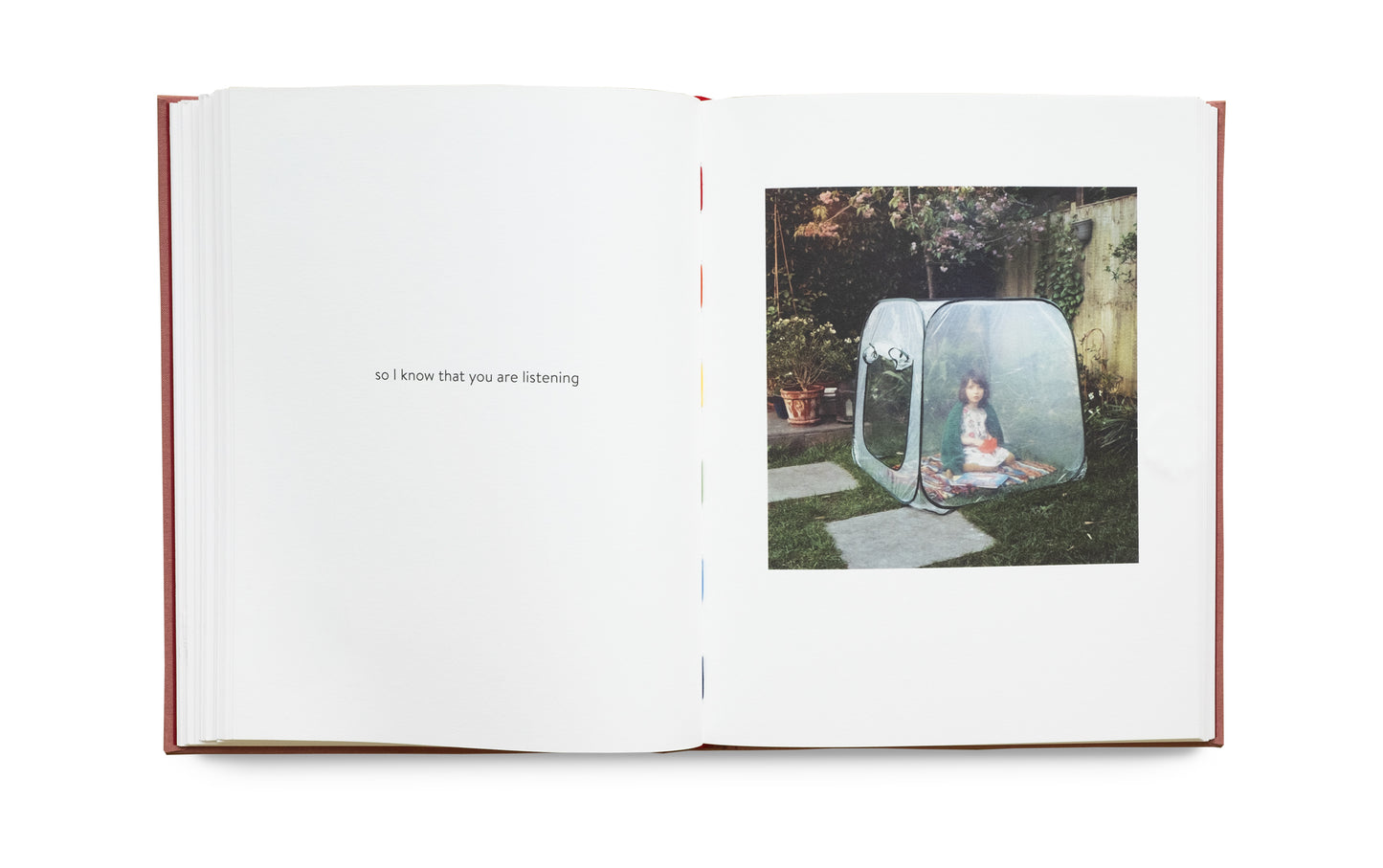
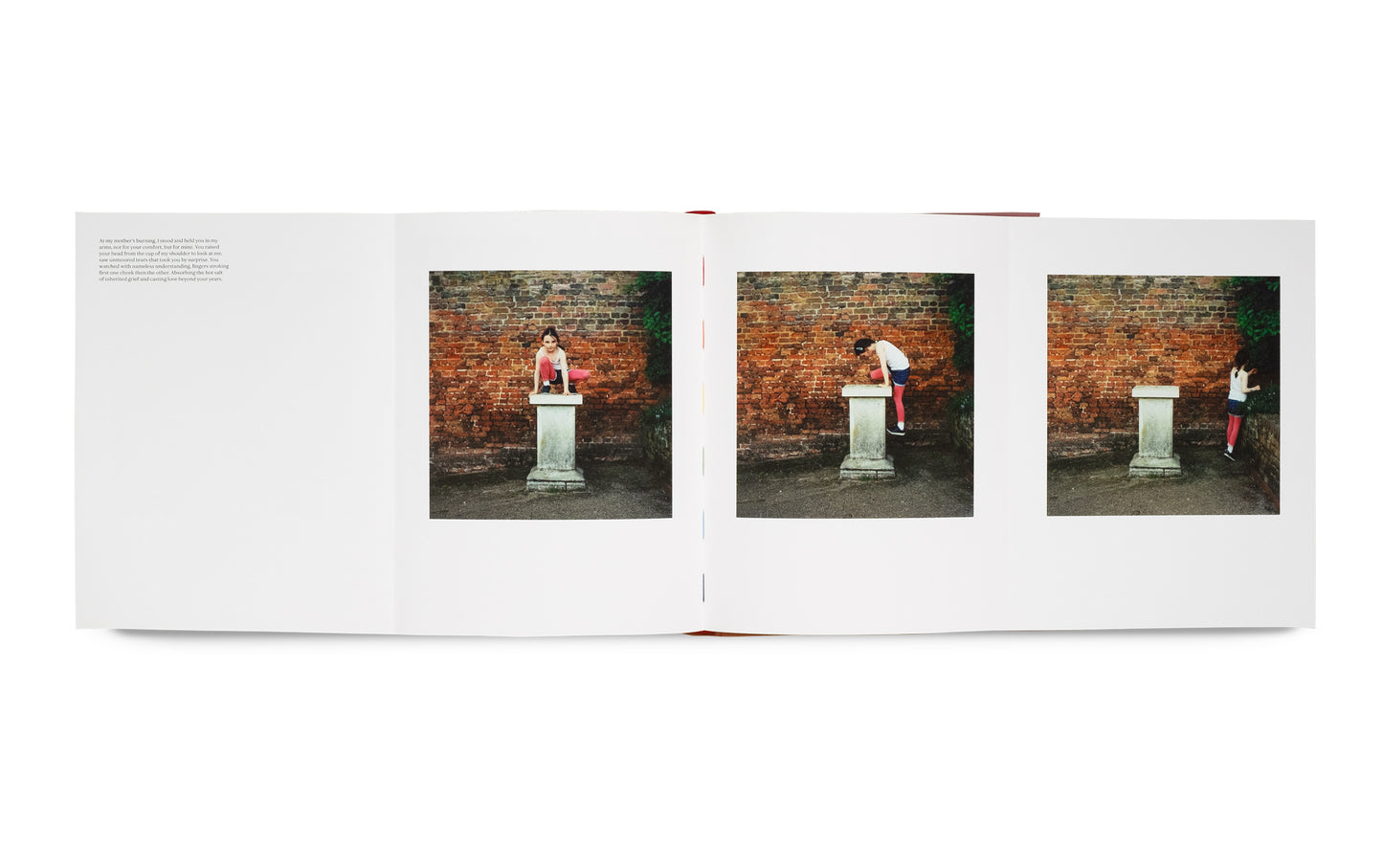
In the press
From the author
-
-
- Lydia Goldblatt

